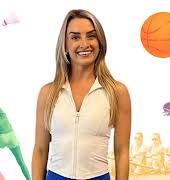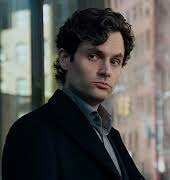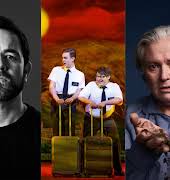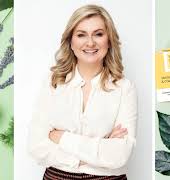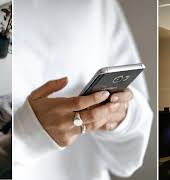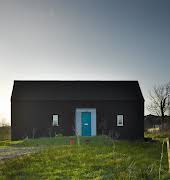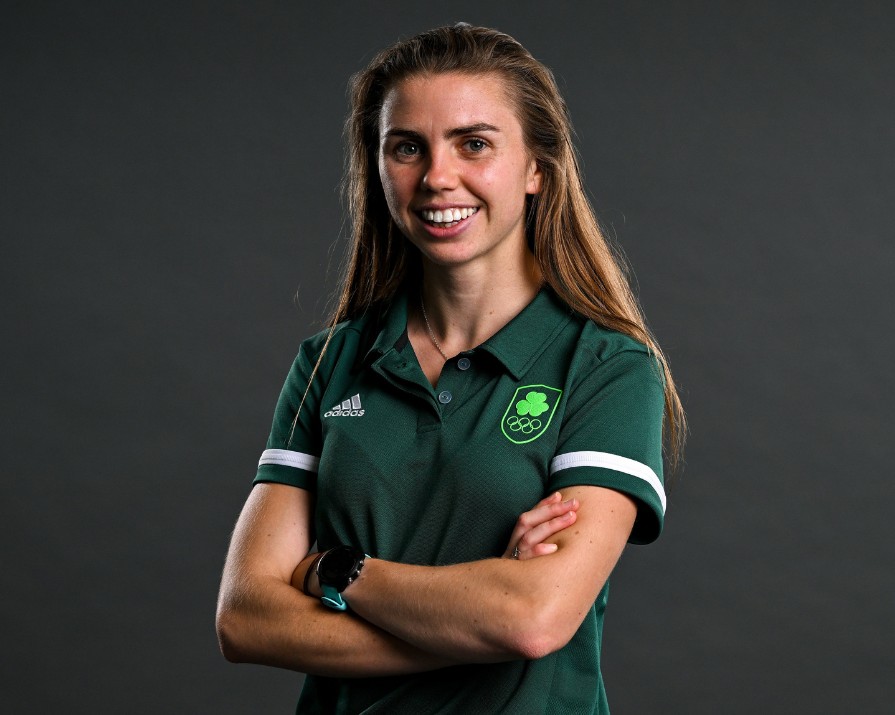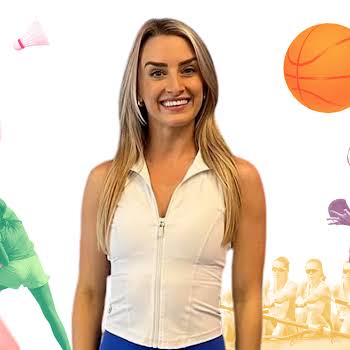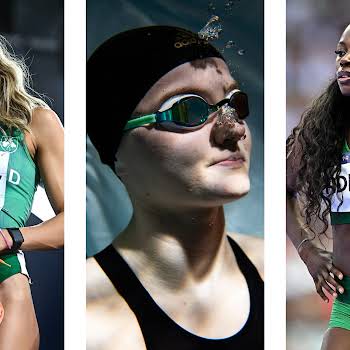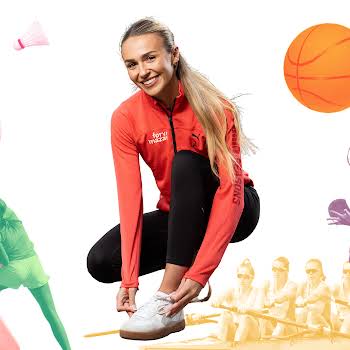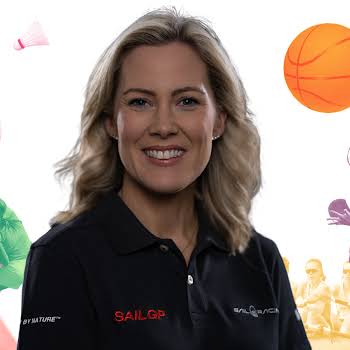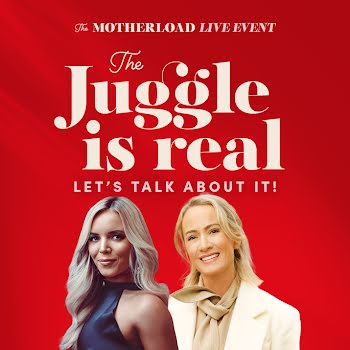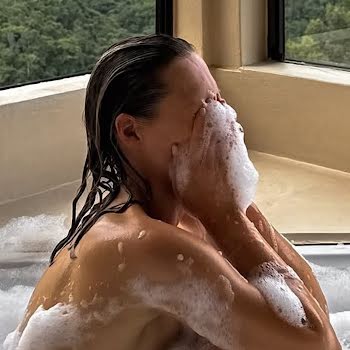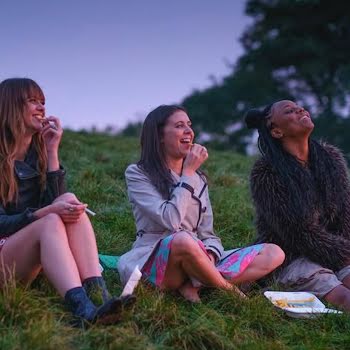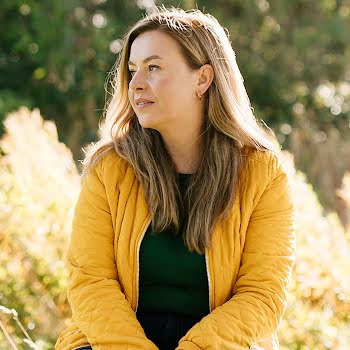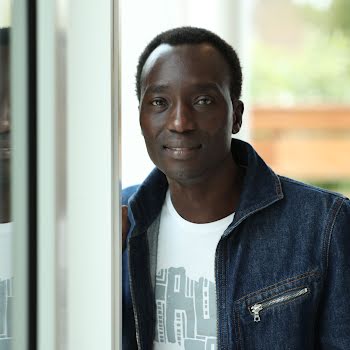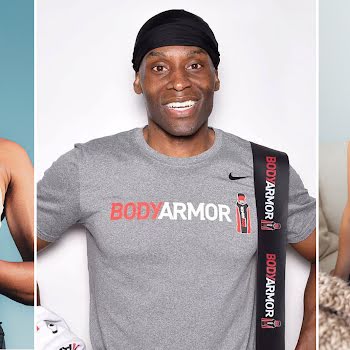By Sarah Gill
29th Apr 2024
29th Apr 2024
In this instalment of our Women in Sport series, we chat to Louise Shanahan on everything from her earliest sporting memories to her greatest goals and proudest achievements.
Louise Shanahan is an Irish 800m runner, ASICS athlete, and Tokyo 2020 Olympian. Born in Cork, Louise spent the past four years living in Cambridge doing a PhD in Biophysics. She is currently training for the Paris 2024 Olympics.

Name: Louise Shanahan.
Profession: Professional athlete and Physics PhD student.
Earliest sporting memory?
I actually went to my first race when I was 6 days old. My dad, Ray, brought me down to the UCC playing pitches to watch the InterVarsity cross country. I can’t say I actually remember it, but photos of me in a carrycot regularly make an appearance!
How did you become involved in your sport?
My primary school, Eglantine, had an amazing running team that competed in the Cork school sports. The team was made up of the fastest girls in each year and we had trials on the local pitches.
I was always really disappointed when I didn’t make the team so my dad suggested I joined my local athletic club, Leevale. I’ve been running with Leevale ever since and I made my school team the following year!
What message would you like to share with young women and girls interested in pursuing a career as an athlete?
With hard work and discipline, anything is possible. The only boundaries are the ones you place on yourself.
Proudest moment so far…
Fulfilling my childhood dream and becoming an Olympian.
The female athlete I admire most is…
Ciara Mageean because she has achieved so much in athletics, and is incredibly kind and humble.
Favourite sporting memory…
Breaking the Irish 800m national record and dipping below two minutes for the first time. It came as such a surprise to me and I was running on clouds for a few days after that.
Do you think there is still a stigma around women in sport?
Yes, I think that it is better now than it was ten years ago but there is a lot more work to be done.
What is the biggest barrier to driving visibility in women’s sports?
I think the biggest barrier is accessibility. It is so easy to watch men’s rugby, football or Gaelic matches, all you have to do is turn on the TV. I think we need to get better media coverage of women’s sports so that they are as easy to find as the male equivalents.
The biggest stigma/misconception that exists in women’s sport is…
That women are less talented and/or hard working than men because they are not as strong, fast or powerful.
If I wasn’t an athlete I would be…
A physicist.
My favourite pre-match meal is…
Pasta (gluten free) with chicken.
My pre-match playlist includes…
A lot of Scouting for Girls.

My daily routine is…
I always make sure I start with a good breakfast before training. My morning session is usually something aerobic like 6 miles easy. I then have lunch, ideally a nap, and do some admin like residual work for the PhD, organising training camps, and/or interviews. The second session of the day is often a little tougher, for example threshold reps or cross training and gym. Finally, home for dinner and a good night of sleep!
My biggest sporting goal is…
To run as quickly as I possibly can.
Sports brands I love (Irish or otherwise)…
Obviously ASICS but I’m also a big fan of the Cork brand Queen B Athletics.
Biggest splurge to celebrate a win…
I love going on holidays at the end of a season, ideally somewhere sunny with watersports.
How do you mind your mental health?
I try to make time for the little things that make me happy. This could be anything from baking or hot chocolate to spending time with my friends or going out for brunch.
My three desert island beauty products are:
Rituals suncream, a good lip balm like Burt’s Bees or Carmex, Pestle & Mortar moisturiser.
I need at least 8 hours of sleep a night because…
Recovery is key.
Confidence, to me, is…
Not letting what people think of you or the risk of failure stopping you from trying something.

How do you get over a bad performance?
I usually give myself a short period of time to be disappointed about the performance. I look at what I could have done differently or better and then bury myself in training (or study) to make sure it never happens again.
Lastly, why is sport such an integral part of community, on a club, local, national and personal level?
Sport brings people together and forms bonds that transcend religious beliefs, economic standing and even different languages. Whether it is a school coming together to support its hockey team or a nation holding its breath as a penalty is kicked, sport gives a sense of belonging unmatched elsewhere in society.
Imagery via Brendan Moran and Tyler Miller of Sportsfile


